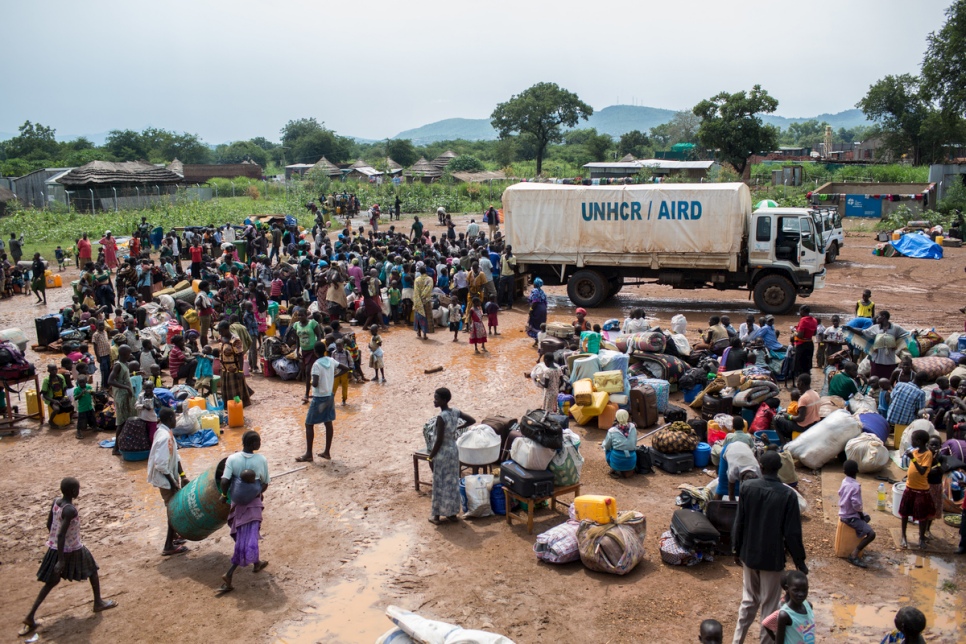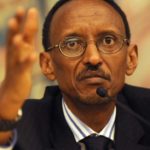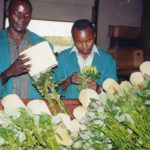It’s clear the 285,000 people in this sprawling compound known as the second largest refugee camp in the world desperately need aid.
These residents who fled civil wars in South Sudan and the Democratic Republic of Congo and other conflicts now live in tents and ramshackle housing in northern Uganda.
Yet just a month ago, the United States, Britain and other European nations threatened to withhold funding and humanitarian aid from Bidi Bidi, according to the United Nations High Commissioner for Refugees (UNHCR).
At issue: A corruption scandal that has enraged the U.N. and its biggest donors.
Government officials overseeing the camp are accused of vastly inflating the number of refugees they must feed, clothe and shelter. In February, U.N. workers inspected a sector of the camp that Ugandan officials had reported housed 26,000 refugees. The U.N. found only 7,000 people.
“There’s concern that the numbers are not accurate,” UNHCR spokeswoman Teresa Ongalo said last month in Uganda’s capital, Kampala. “What we have received from donors is an indication that until we’re able to verify the numbers, they will withhold funding.”
Afraid of losing more funds, the Ugandan government, with support from the UNHCR and the World Food Program, launched a large-scale biometric data system to verify the identities of refugees in the country.
The system, slated to be completed in September, will collect fingerprints and eye scans of more than 1 million refugees, according to the UNHCR. Refugees will then receive ration cards. Similar systems have already cataloged 4.4 million refugees in 48 other countries, the UNHCR said.
“This is important to us to increase the accountability and transparency not only to the government and UNHCR and partners, but also the donors who are very key in our operation,” said Douglas Asiimwe, Uganda’s refugee protection officer.
This East African nation has received worldwide attention and praise for hosting more than 1.4 million refugees in 14 camps. News about the corruption scandal sparked outrage throughout Uganda and here in Bidi Bidi.
“We are not receiving enough food because some officials are eating money meant for refugees,” said Charles Lujang, a refugee representative at the camp. “They are using our name to enrich themselves. They should be arrested and jailed.”
Sitting outside her tent, Martha Antong, 40, was angry that officials could steal money intended for refugees.
“I’m suffering with my children because of them,” said Antong, a mother of four who fled South Sudan in July. “Many of us will die of hunger due to lack of food as they enrich themselves using the money meant for us.”
The Ugandan government has suspended four camp officials pending an investigation. Investigators are determining whether funding, food and other relief items were sold, used for bribes or involved in trafficking refugee girls.
Ugandan President Yoweri Museveni said he would severely punish anyone found guilty.
“The ones who are stealing refugee money will go to jail,” said Museveni, who has ruled this landlocked nation for more than three decades. “They bring shame to Uganda. To steal what is meant for refugees, what is meant for desperate people, these thieves they will pay.”
Uganda has been noted for being a generous host, giving those granted refugee status plots of land to cultivate, settle and integrate with local communities.
Atong, meanwhile, wanted justice. “Those who are causing these problems should be hanged because they are playing with people’s lives.”








